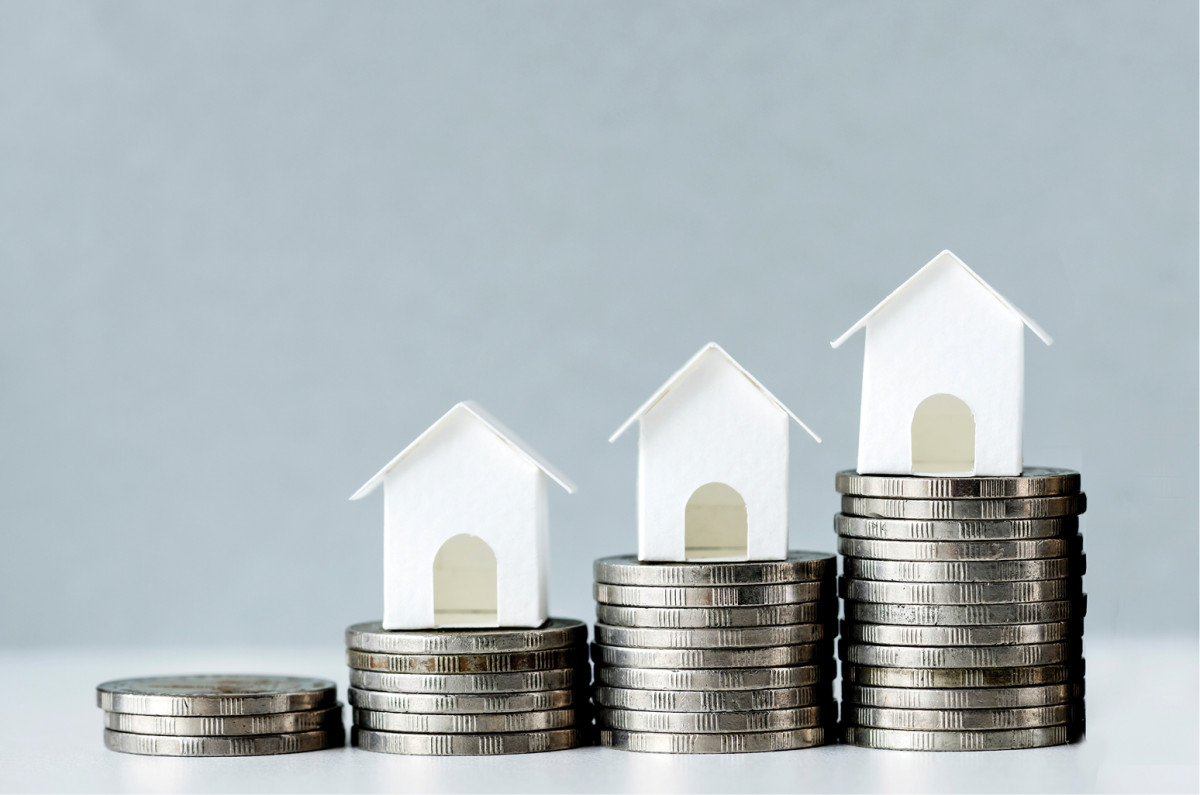Don’t let housing loans bankrupt you

Bankruptcy does not release you from all your debts but will restrict you from not just travelling overseas, but in obtaining future credits.
Buying a property is the single biggest financial purchase and commitment that the average rakyat will make in his or her lifetime. Hence, the National House Buyers Association (HBA) can’t emphasise enough that careful thought and planning must be done before taking a housing loan to buy a property.
Based on Bank Negara Malaysia’s Financial Stability Review Report Second Half 2021 (BNM FSR 2H2021), the median property price in Malaysia is 4.7 times the median income in Malaysia, which can be classified as “seriously unaffordable” by international standards. (Source: https://www.bnm.gov.my/documents/20124/6459002/fsr21h2_en_book.pdf - page 27)
This means house prices are beyond the affordability level of normal wage earners; and if they do manage to get a loan to buy one, they will be saddled with a heavy financial burden, which can easily slip into financial ruin if they are unable to service the loan at any point of the decades-long tenure.
HBA is no accredited financial planner but based on the numerous cases brought to our attention, we would like to offer some advice to aspiring first-time house buyers.
Don’t take other loans before you buy your first home
It is very common among young people to first buy a car before a house because the former seems more attainable. However, if owning a house is among your first goals, the most important advice we can give is: don’t take a car or personal loan until you have bought your first home.
Based on the BNM FSR 2H2021, 65% of borrowers already have either a car or personal loan, thereby limiting their capacities to take on new borrowings for housing.
By the rule of thumb, banks in Malaysia view that:
- single loan instalments should not exceed one third (or 33.3%) of the gross income, and
- combined loan instalments should not exceed half (or 50%) of the gross income.
That means, if you are earning RM3,500 a month, the maximum loan instalment that banks will give you is RM1,167 for a single loan and RM1,750 for combined loans.
Let’s say you are looking to buy a property worth RM290,000, which will be financed via a 30-year mortgage of RM261,000 (90% margin of financing) at an effective interest rate of 3.25% p.a. The monthly instalment for the housing loan will be RM1,136.
If you have a car loan for which you pay a monthly instalment of RM800, will your car loan affect your eligibility for the housing loan?
|
Without car loan (RM) |
With car loan (RM) |
|
|
Monthly income |
3,500 |
3,500 |
|
Car loan instalment
|
- |
800 |
|
Housing loan instalment
|
1,136 |
1,136 |
|
Total monthly loan instalments
|
1,136 |
1,936 |
|
First loan instalment/monthly income
|
32.5% |
22.9% |
|
Combined loan instalment/monthly income
|
32.5% |
55.3% |
|
Maximum housing loan instalment qualified for |
Not applicable |
950 |
Based on the above example, if you do not have any existing loan obligations, you will qualify for the above housing loan, which has a monthly loan instalment of RM1,136, as it is only 32.5% of your monthly income and is below the rule of thumb of 33.3%.
However, if you have an existing car loan with a monthly instalment of RM800, you will not qualify for the said housing loan as the combined loan instalments of the car loan and housing loan is 55.3%, which is above the rule of thumb of 50%. The maximum instalment you will qualify for is only RM950, which will limit your choice of properties to buy.
Able to maintain minimum standard of living after servicing loan
The second advice is to do a proper budget on what you can really afford before buying your first home. You need an extensive budget to see if you can afford the monthly loan instalments and maintain your current lifestyle.
You need to factor in potential dependents such as children or aging parents, and whether you can still afford the loan instalments after that. There is no point in having to skip meals or remain childless just to afford a house.
You also need to take into account additional costs such as maintenance charges and contribution to sinking fund for stratified properties, insurance, quit rent and assessment charges into your monthly budgets.
In addition, ideally, after factoring in all the above expenses and the loan instalments, you should have at least 10% of your gross income as savings to cater for sudden emergencies, a habit most Malaysians don’t have.
Based on a study by Perbadanan Insurans Deposit Malaysia (PIDM), the majority of respondents (55%) have less than RM10,000 in available savings to draw on in the event of an emergency. (Source: https://www.pidm.gov.my/en/info-centre/reports-and-insights/savings-report#:~:text=Many%20Malaysians%20lack%20the%20ability,equipped%20to%20withstand%20financial%20shocks)

Don’t get pressured to buy until you are financially ready
The next advice is not to get pressured into buying a property. This will be your single largest purchase in your entire lifetime and you do not want to be pressured, coerced or forced to buy your first home just because all your friends or relatives have already done so. If you are not ready to buy your first home, just continue renting or staying with your parents/relatives.
For those who are renting, do make sure your rental rates are lower than the equivalent cost of a housing loan to purchase the same property. Else, you are better off buying the said property, right? Your current rental should always be a steep discount to owning the same property so that you can use the savings as funds to acquire your dream home in the future.
Old can be gold
One of the biggest mistakes first-time house buyers make is in looking only at brand-new properties. The problem with this is new developments’ prices tend to keep increasing, leading aspiring house buyers to either overspend or buy something too remote or too small.
Hence, we would advise house buyers to consider completed properties as old can be gold. The benefit of buying existing properties or secondary properties is “what you see is what you get”. You can see the actual property and the surrounding neighborhood and decide if you like it. In contrast, buying brand-new properties means relying on just the “artist impressions” from developers, which upon completion, sometimes are not even close.
Also, existing properties are usually already renovated, so if you like it, you don’t need to do anything more than just move in straightaway. On the other hand, new properties require a lot of spending to get it up and running before it’s ready for move-in.
However, secondary properties do require the buyer to conduct some due diligence such as properly inspecting the condition of the property and ensuring you are dealing with the actual owner.
In conclusion, buying a property is not a simple process. It will be your most expensive purchase and you will be tied to a long-term housing loan. There are severe legal and financial consequences if you cannot meet your loan obligations including being declared bankrupt.
Aspiring first-time house buyers must understand all their financial and legal obligations before making a purchase. Make sure you look before you leap into signing on the dotted line for your dream property.
Avoid the stigma of being declared a bankrupt. Bankruptcy does not release you from all your debts but will restrict you from not just travelling overseas, but in obtaining future credits.

This article is jointly written by Lawyer Sharifah binti Razali and Datuk Chang Kim Loong, Hon Sec-Gen of the National House Buyers Association (HBA), a non-government, non-political and not-for-profit organisation manned wholly by volunteers. The link: www.hba.org.my
Never miss out
Sign up to get breaking news, unique insights, event invites and more from EdgeProp.
Latest publications
Malaysia's Most
Loved Property App
The only property app you need. More than 200,000 sale/rent listings and daily property news.
